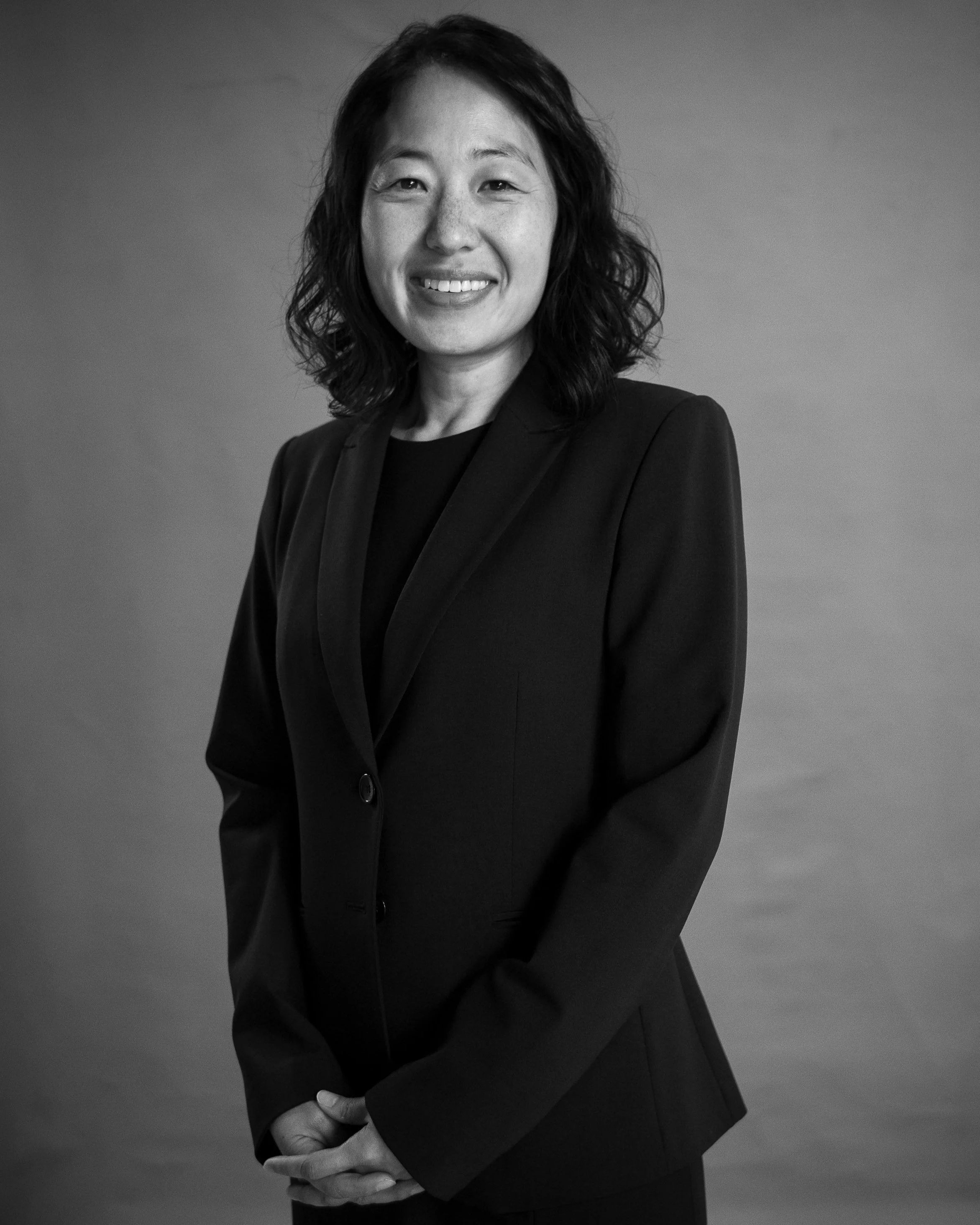Diane Bang, Counsel
EDUCATION
Juris Doctor, Loyola Law School
Chief Research Editor, Loyola Law Review
Bachelor of Arts, University of California, San Diego
CLERKSHIPS
Honorable S. James Otero, United States District Court for the Central District of California
HIGHLIGHTS
Secured a federal trial victory on behalf of a minority shareholder in a breach of fiduciary duty and corporate waste case involving a $250 million company. The jury found the controlling shareholders, board members, and officers liable, and awarded over $21 million in damages … and counting.
Won appeal under the Texas’s Anti-SLAPP statute, convincing the appellate court reverse and dismiss claims for breach of contract, tortious interference, and civil conspiracy.
Represented multiple former employees of a leading social media company in months-long federal criminal investigation, secured immunity for client.
Won a significant sentencing reduction in a $400 million federal health care fraud case, securing a 30-month sentence—down from a potential 15+ years—after five years of cooperation efforts and extensive advocacy before a judge known for imposing harsh sentences.
AWARDS
Named to Super Lawyers Rising Stars, 2019, 2020 & 2025
MEMBERSHIPS
Women Lawyers Association of Los Angeles
LANGUAGES
Korean (Conversational)
Diane litigates complex civil and criminal cases at both the state and federal levels and is a three-time Super Lawyers Magazine California Rising Star honoree. Diane has experience in a range of matters, including fraud, breach of contract, shareholder derivative claims, 1983 claims, and internal investigations. She also has defended executives and businesses against criminal charges including wire fraud, healthcare fraud, and securities fraud. Prior to entering private practice, Diane served as a law clerk to the Honorable S. James Otero of the United States District Court for the Central District of California.
Diane graduated from Loyola Law School in Los Angeles, where she was Chief Research Editor of the Loyola Law Review. While studying at Loyola, she was a law clerk for both the California Attorney General’s Office, Torts and Condemnation Division, and the Los Angeles County District Attorney’s Office. Diane received her master’s degree in cross-cultural studies from Fuller Theological Seminary before attending law school. She is conversational in Korean.
Among her representations are:
Trial counsel for the UMK team that won a $21 million award in a federal civil jury trial, finding all controlling shareholders, board members, and officers liable for breach of fiduciary duty & corporate waste case involving a $250 million company.
Trial counsel for victims of embezzlement in FINRA arbitration against financial institution—case settled in victims’ favor after one week of trial.
Counsel for high-level employees of social messaging company in a securities-related investigation.
Trial counsel for shareholder of multi-million dollar company in shareholder derivative lawsuit.
Represented individual accused of falsely obtaining disability benefits and convinced prosecutor not to bring charges.
Counsel for a Los Angeles resident in Monell Claim against the City, winning summary judgment for an unconstitutional custom and practice.

